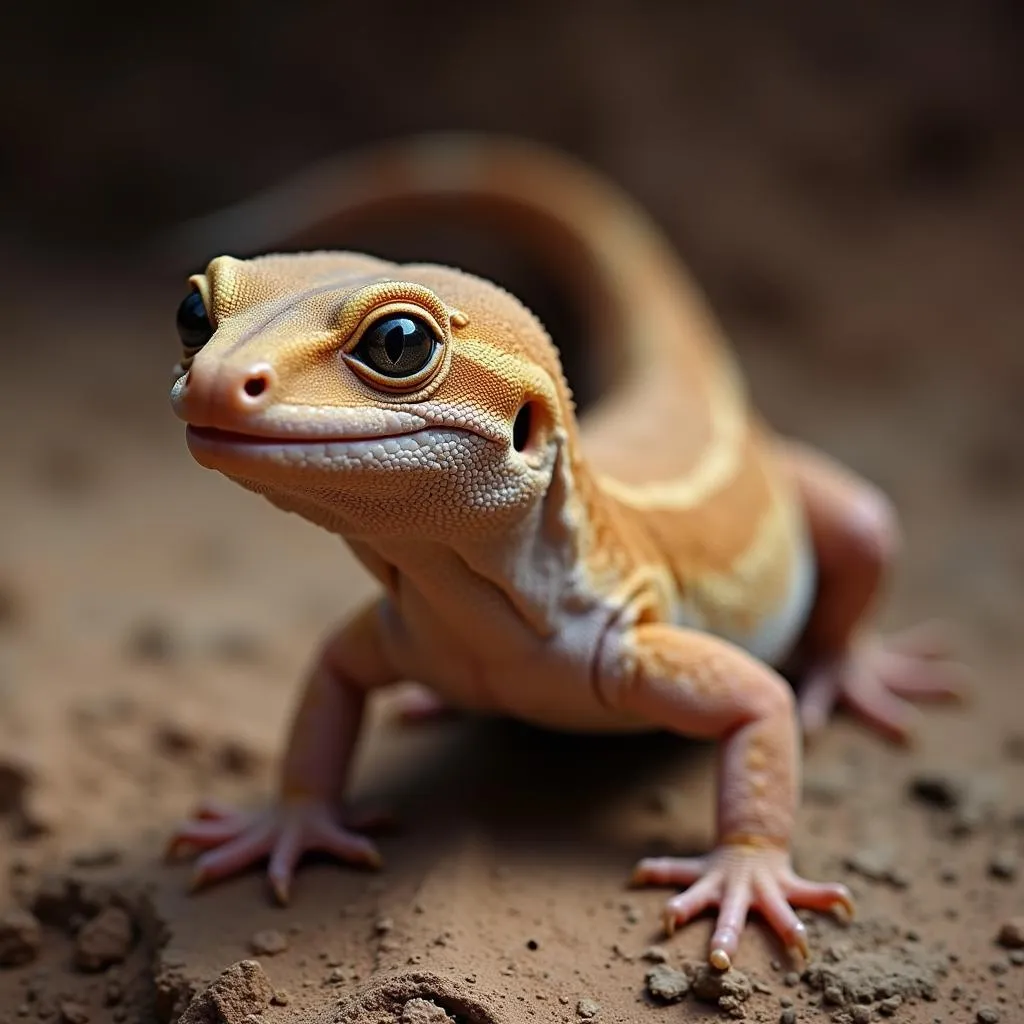All About African Lovebirds: A Guide to These Affectionate Parrots
African lovebirds, with their vibrant plumage and affectionate nature, have captured the hearts of bird enthusiasts worldwide. These small parrots, native to the African continent, are renowned for their strong pair bonds and playful personalities. This comprehensive guide delves into the captivating world of African lovebirds, covering everything from their unique characteristics and diverse species to their care requirements and fascinating behaviors.
Understanding African Lovebirds: More Than Just a Pretty Face
African lovebirds belong to the genus Agapornis, a Greek word that translates to “love bird,” perfectly encapsulating their defining trait. These small parrots, typically measuring between 13 to 17 centimeters in length, are known for their stocky builds and short, rounded tails. However, what truly sets them apart is their vibrant plumage, which varies significantly across the nine distinct species. From the peach-faced lovebird’s rosy hues to the black-masked lovebird’s striking contrast, each species boasts a unique color palette that adds to their charm.
Beyond their visual appeal, African lovebirds are highly social creatures, known for forming strong, monogamous pair bonds that can last a lifetime. Their affectionate nature is evident in their constant preening, cuddling, and playful interactions. These birds thrive in the company of their chosen mate and require a stimulating environment to prevent boredom and loneliness.
Exploring the Different Types of African Lovebirds
The nine species of African lovebirds, each with its own distinctive appearance and temperament, offer a diverse range of options for potential owners.
Popular African Lovebird Species
- Peach-faced Lovebird: Arguably the most popular species, peach-faced lovebirds are known for their vibrant peach-colored faces, green bodies, and blue rumps. They are relatively easy to breed and are known for their playful and social personalities.
- Masked Lovebird: As their name suggests, masked lovebirds sport a distinctive black mask around their faces. Their bodies are predominantly green, with a contrasting orange collar. They are known for their intelligence and can be quite vocal.
- Fischer’s Lovebird: Fischer’s lovebirds are known for their bright green bodies, orange heads, and blue rumps. They are active and playful birds that enjoy interacting with their owners.
Other Notable Species
- Black-cheeked Lovebird: These lovebirds are known for their predominantly green bodies, black faces, and orange beaks. They are relatively quiet and less demanding compared to other species.
- Madagascar Lovebird: Also known as the grey-headed lovebird, this species is characterized by its gray head, green body, and red beak. They are considered one of the quieter lovebird species.
Providing a Loving Home: African Lovebird Care
Providing a loving and stimulating environment is crucial for the well-being of African lovebirds. Here’s a closer look at their essential needs:
Housing and Environment
- Spacious Cage: A spacious cage is a must for these active birds. Choose a cage that allows for flight and climbing, with enough space for toys, food bowls, and a nesting box if you plan on breeding.
- Enrichment Activities: African lovebirds are intelligent birds that need plenty of mental and physical stimulation. Provide a variety of toys such as swings, ladders, and foraging toys to keep them entertained.
- Social Interaction: Whether you choose to have a single bird or a pair, daily interaction is essential. Spend time talking to, playing with, and simply observing your lovebird to foster a strong bond.
Diet and Nutrition
- Pelleted Diet: A high-quality pelleted diet should form the foundation of your lovebird’s diet.
- Fresh Fruits and Vegetables: Supplement their diet with a variety of fresh fruits and vegetables such as leafy greens, carrots, and apples.
- Treats: Offer treats in moderation. Seeds, while enjoyed by lovebirds, should not constitute the majority of their diet due to their high-fat content.
[african love birds sound]
Health and Wellness
- Regular Vet Checkups: Like all pets, African lovebirds benefit from regular veterinary checkups. An avian veterinarian can detect any potential health issues early on.
- Signs of Illness: Be aware of any changes in your lovebird’s behavior or appearance, such as lethargy, loss of appetite, or feather plucking, as these can be signs of illness.
The Joy of African Lovebirds: Why They Make Wonderful Companions
African lovebirds, with their playful antics, affectionate nature, and stunning beauty, bring joy to countless homes around the world. Their small size, coupled with their relatively easy care requirements, makes them a popular choice for both experienced and first-time bird owners. While their long lifespan, which can exceed 15 years, requires a significant commitment, the rewards of sharing your life with these feathered companions are immeasurable.
[african love birds types]
Frequently Asked Questions About African Lovebirds
Can African lovebirds talk?
While not known for their talking abilities like some larger parrots, some African lovebirds can learn to mimic words and phrases with proper training and patience.
Do African lovebirds need to be kept in pairs?
African lovebirds are highly social and thrive in pairs. However, it’s possible to keep a single lovebird if you can provide them with ample attention and interaction.
How can I tell if my African lovebird is happy?
A happy lovebird is active, playful, and interacts with you and its environment. They will also have bright eyes, smooth feathers, and a healthy appetite.
What are the signs of a sick lovebird?
Signs of a sick lovebird include lethargy, loss of appetite, feather plucking, discharge from the eyes or nostrils, and changes in droppings.
Where can I find a reputable breeder or rescue organization for African lovebirds?
Reputable breeders and rescue organizations prioritize the health and well-being of their birds. Ask for recommendations from avian veterinarians, experienced bird owners, or join online forums dedicated to African lovebirds.
[african love birds breeding box]
Discover More About These Captivating Companions
This guide provides a starting point for understanding and caring for these fascinating parrots. For more in-depth information, explore our other articles:
- [about african lovebirds]
- [types of african lovebirds]
Need expert advice on caring for your African lovebird? Don’t hesitate to contact us. Call: +255768904061, Email: [email protected] Or visit: Mbarali DC Mawindi, Kangaga, Tanzania. Our dedicated customer support team is available 24/7.



